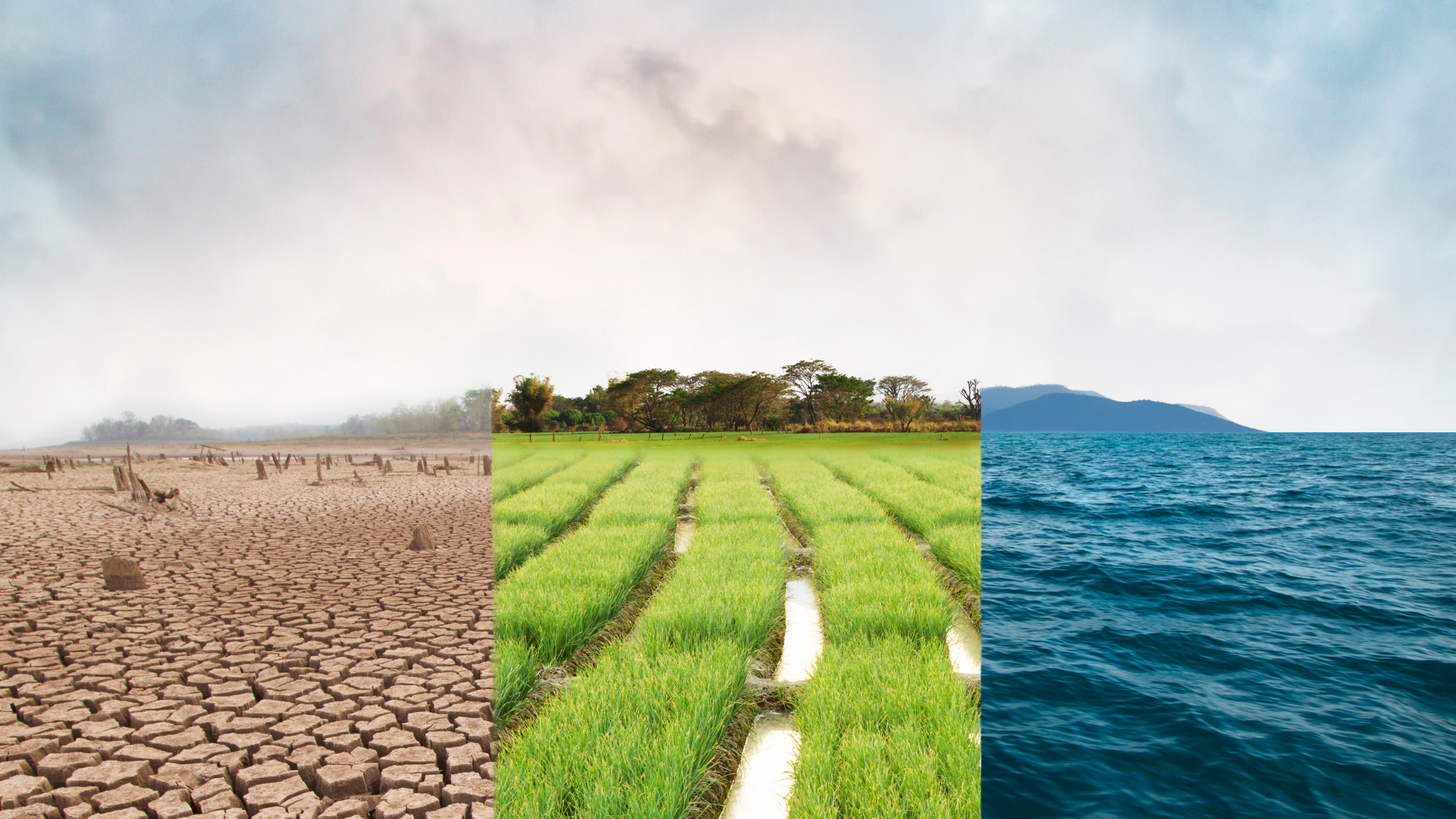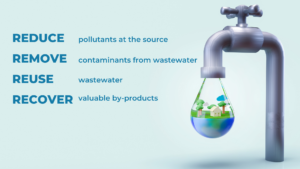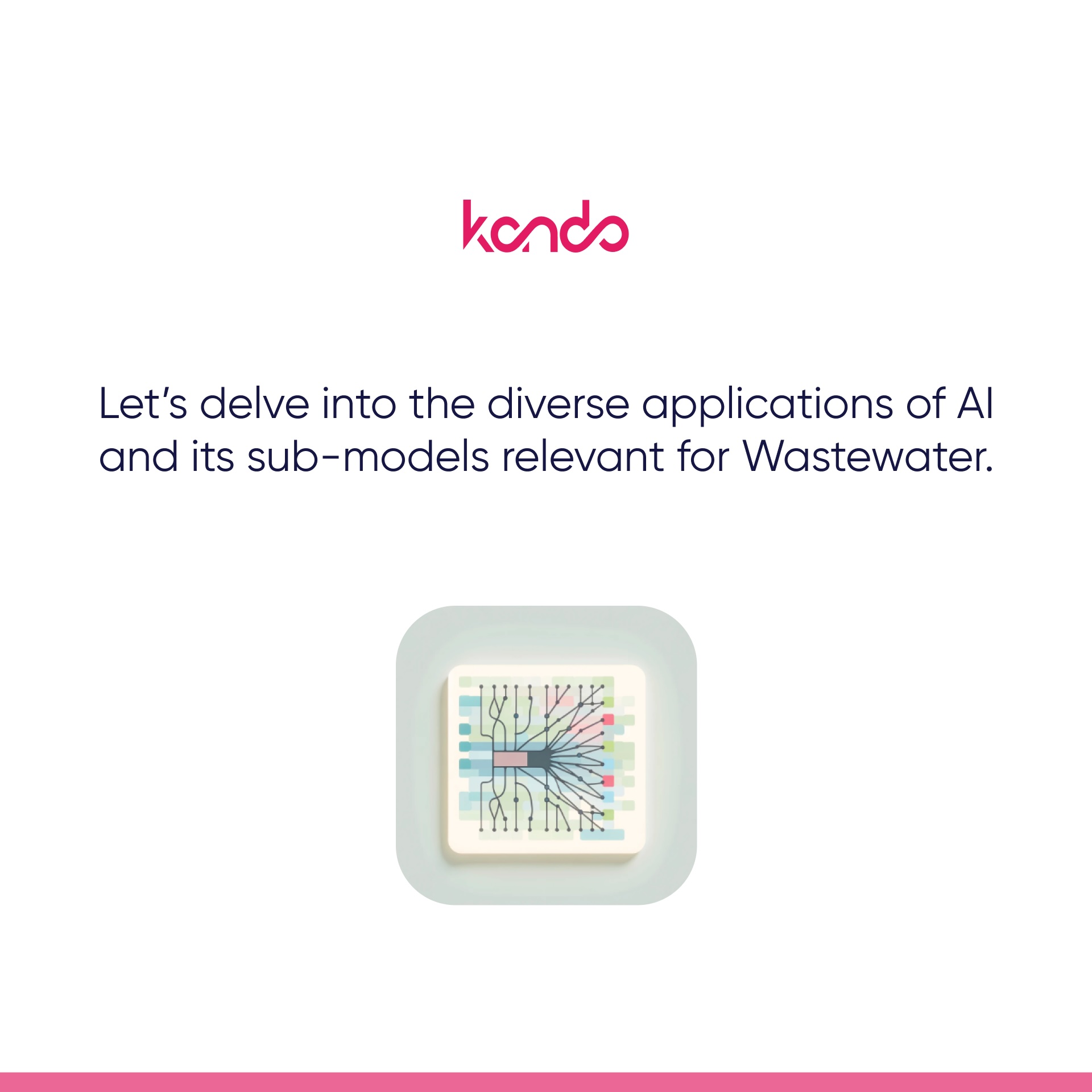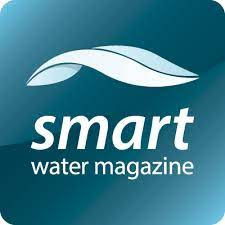
Admin
March 7, 2022
Rethinking wastewater is essential for a sustainable water future


This week’s IPCC Climate Change 2022 report shows we need to reimagine wastewater if we’re to overcome the worst effects of climate change. With the right technology, treated wastewater can not only irrigate our fields and clean our machines; it can be a dependable source of safe drinking water for millions of people in some of the world’s most water-stretched regions.
The report looks at how our world is changing because of humanity’s actions, and how we’ll have to change with it if we and countless other species are to survive in the environment we’re creating.
Across 18 chapters and more than 3,000 pages, the UN’s Intergovernmental Panel on Climate Change (IPCC) unpacks every aspect of the climate crisis across each inhabited continent, with one theme common throughout the availability of clean and usable water.
Already, approximately 4 billion people – around half the world’s population – suffer water poverty for at least one month each year, and 4.2 billion people lack access to safely managed sanitation services. Projections estimate that as many as 97.5% of those experience water stress as a direct result of climate change.
While 36% of the globe is described as ‘water scarce’, water demand is expected to rise by as much as 55% by 2050, as industrialization and urbanization accelerate.
Water resources are not infinite and we need to make more sustainable use of the limited resources available to us.
Wastewater is a potentially game-changing resource if handled correctly and consistently. Today, 380 billion m3 of wastewater is produced worldwide annually and it’s estimated this will reach 574 billion m3 by 2050 – more than the entire volume of California’s Lake Tahoe.
Of all that, however, only 20% is subjected to adequate treatment and can be useful for water reuse. This is not enough.
It’s a global issue. Inadequately treated wastewater limits the volumes available for reuse, damages ecologies, and negatively impacts public health all over the world.
That’s not going unnoticed.
We’re at a turning point in our relationship with wastewater, and countries and cities are starting to implement technologies that can support the consistent, high-quality wastewater we need to build our water resilience; recreating wastewater as a valuable resource, rather than a detrimental concern.
In its report, the IPCC recommends the implementation of circular water economies by following the 4 Rs:

This is only possible if new technologies are introduced to increase our understanding of wastewater’s composition and behavior. With reliable data driving our decisions and guiding water practices, we can optimize wastewater as a usable asset.
Kando is one of the companies working to make wastewater data accessible to users all over the world, specializing in extracting data-based value from wastewater, providing customers with total, real-time oversight of conditions inside wastewater collection systems.
With these insights, users can work to generate wastewater of a consistent quality, enabling reliable treatment processes, and developing a dependable source of water for everything from industrial applications and irrigation to direct human consumption.
With condition mapping, event profiling, and long-term trend analysis, Kando’s platform enables the uninterrupted operation of utilities and wastewater treatment plants (WWTPs), even as conditions change.
While implementing the IPCC’s 4 Rs will go a long way to securing our water future, there’s even greater potential just a small step further along the line.
So, let’s add some more ‘Rs’. Let’s recognize the technological possibilities available to us, and rethink wastewater. Let’s revolutionize our approaches and reimagine what’s possible.
With cutting-edge solutions such as Kando’s, wastewater can become a valuable resource, fulfilling much of our growing water needs.
Optimizing wastewater production, handling, treatment, and application would be a huge step towards adapting to climate change and limiting its impact on both the human and the natural worlds.
We have the right technologies. Now all that’s left to do is make the most of them.
Would like to receive more details or speak to someone about waterreuse?
 Feel free to reach out to | anne-li@kando.eco or visit our solution profile.
Feel free to reach out to | anne-li@kando.eco or visit our solution profile.
Your wastewater contains the data.
We just need to extract it so that you can optimize your operations.
Contact us and a member of our team will get back to you as soon as possible.




